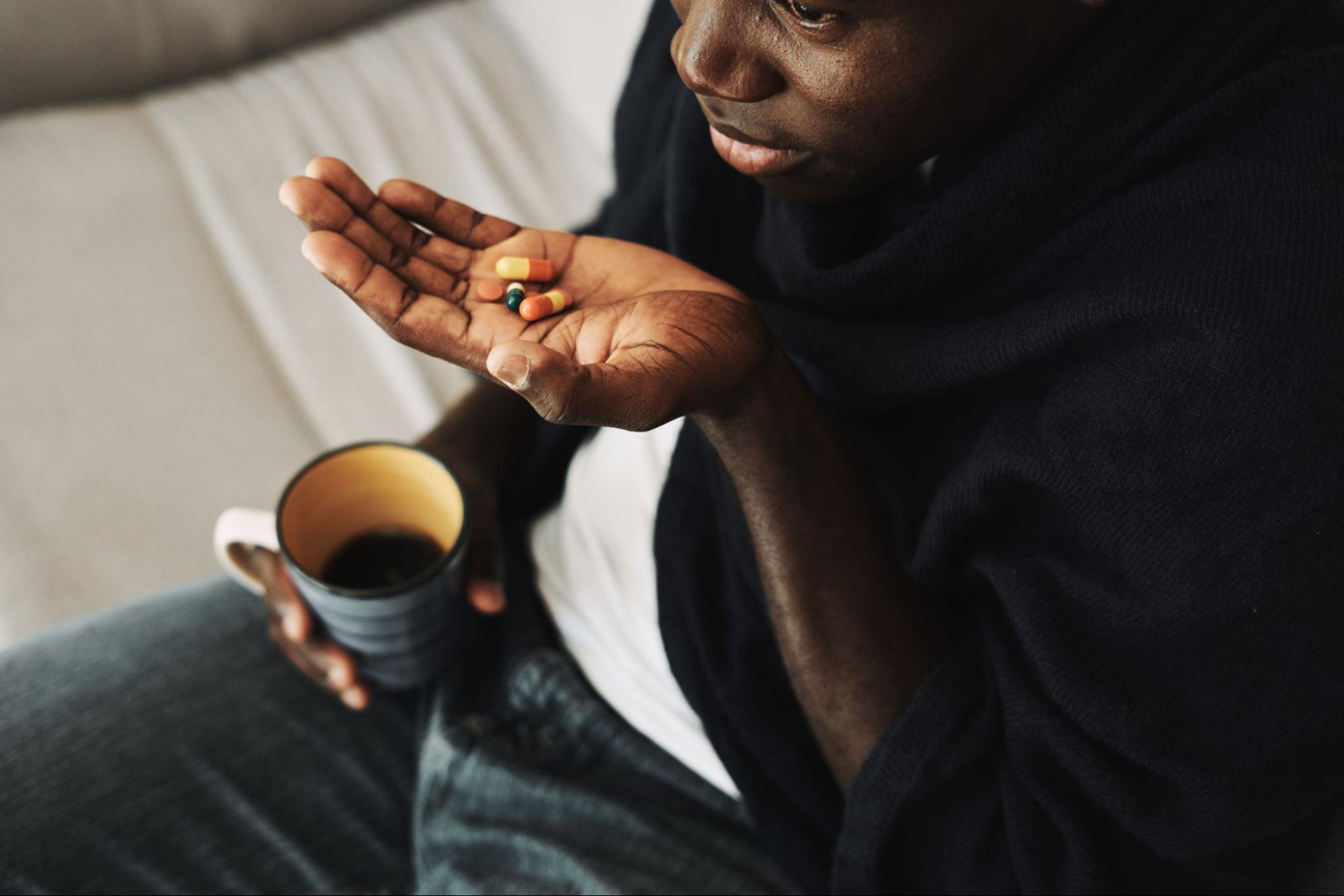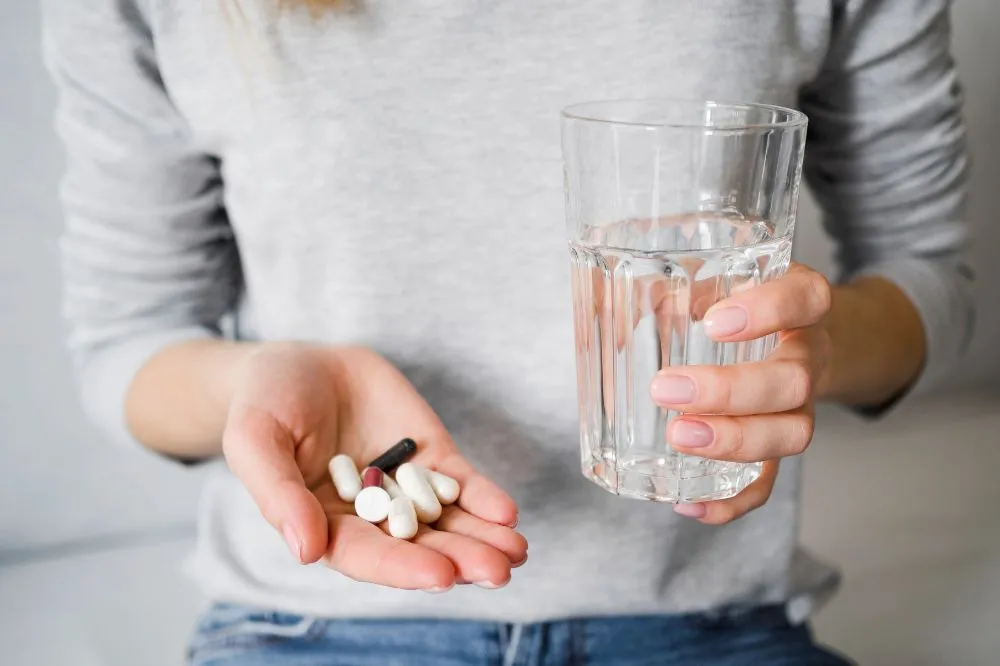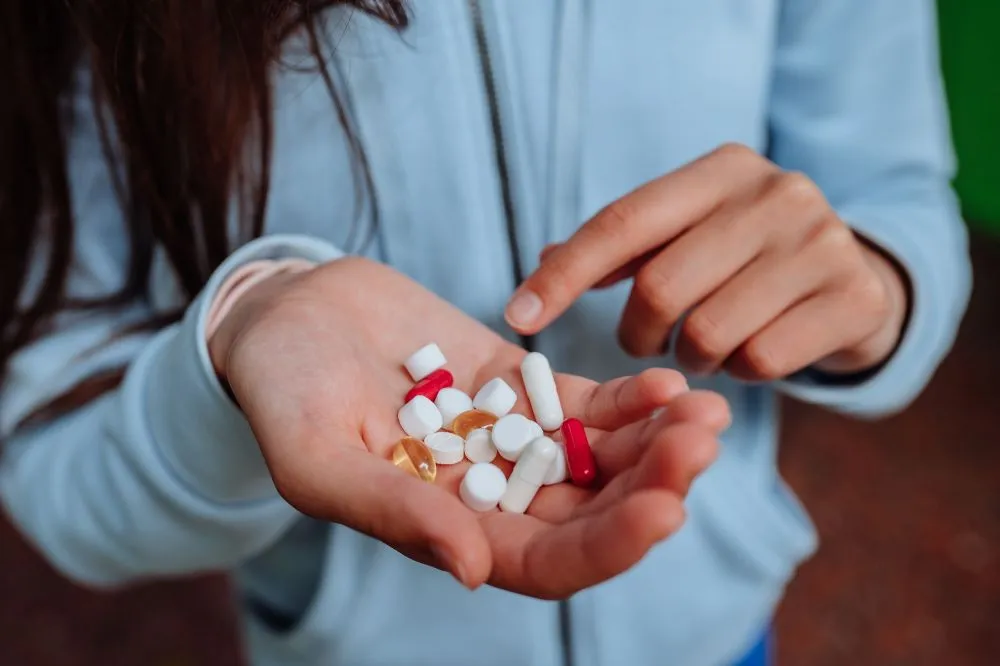Summary: Studies show that opioid addiction treatment is crucial in the wake of alarming data revealing a 30% increase in overdose-related deaths between 2019 to 2020 in the US. The data analysis highlights the disproportionate impact on Blacks and Indigenous Americans. Young black people were hit particularly hard by the rise in overdose deaths. Fentanyl and fentanyl-laced drugs are believed to be the leading cause of overdose deaths.
Certain population groups in the US have historically been at a disadvantage. However, new data shows that drug overdose deaths are rising at an alarming and disproportionate rate among Black and Indigenous people in the US.
Analysis of the report published by the Centers for Disease Control and Prevention shows that deaths due to drug overdose rose by 30% between 2019 to 2020, which is a massive increase.
However, as they say, the devil is in the details. On further analyzing the same report, one can see that drug overdose deaths affected Black and Indigenous people more severely. This new report shows a massive jump of 44% in overdose-related deaths among Black people.
Things are also quite bad for American Indians and Alaska Native people. In this population group, the number of drug overdose-related deaths rose by 39%.
Researchers say that deaths among Indigenous people and Blacks outpaced those among white people. Thus, overdose-related deaths among white people rose by about 22% during the same period, which is significantly lower.
Of course, one way to explain these differences is the pattern of substance abuse. Whites choose different kinds of drugs than Blacks or Indigenous Americans.
However, experts say that there are many reasons for such differences. For example, one of the significant causes of high mortality among specific population groups is treatment biases.
Though a 30% increase in overdose deaths is already a historical landmark, there is more to it. It appears that the overdose issue affected younger Black people (15 to 24 years old) worse, with an almost 86% increase in overdose deaths. It means that in just one year, overdose deaths nearly doubled in this population group.
Not only that, overdose deaths were seven times higher in Black men older than 65 years old compared to white men, which is an unbelievably massive difference.
Like many other reports, the study found that this difference was highest in the counties with the greatest socioeconomic disparities. Thus, for example, if the income gap in any county was less among various ethnic groups, then differences in overdose deaths also was lower.
Researchers say that income inequality between various racial groups seems to have the most significant impact since this leads to poor housing, lack of health insurance, limited access to treatment, and more.
When digging deep into the overdose death reports, experts also found that most of those who die do not get timely treatment for substance abuse or overdose. Thus, for example, data shows quite a low percentage of treatment for substance use among Blacks, with only one in 12 receiving any kind of treatment. Statistics were almost similar for disadvantaged populations like Hispanics and Indigenous people.
In the study, researchers noted a few other trends that may have practical implications. First, they found that most overdose deaths occurred due to illicitly produced fentanyl. Even in those with cocaine or methamphetamine overdose, fentanyl contamination appears to be a significant issue.
Hence, researchers say that tackling the illicit fentanyl supply is important for reducing overdose deaths in the US.
Further, researchers recommend increasing access to substance abuse treatment and better access to medications like naloxone that can reverse opioid overdose. Additionally, better availability of fentanyl test strips would also help in understanding which drug contains fentanyl.
It is our mission to bring real hope and transformational change to patients who would otherwise be consigned to a lifetime of medications, doctor’s visits, and suffering. We expose misaligned incentives and return the power of health to the individual. We believe empowered individuals change their communities. We use a combination of lifestyle intervention, medication management, and emerging scientific research to help our patients. When you are ready or have questions, reach out.
The content provided herein is not intended to provide assessment, diagnosis, treatment, or medical advice; it also does not constitute provision of healthcare services. No information in this content should ever be considered as a substitute for advice from a healthcare professional, it is provided for thoughtful discussion, informational and educational purposes only.






